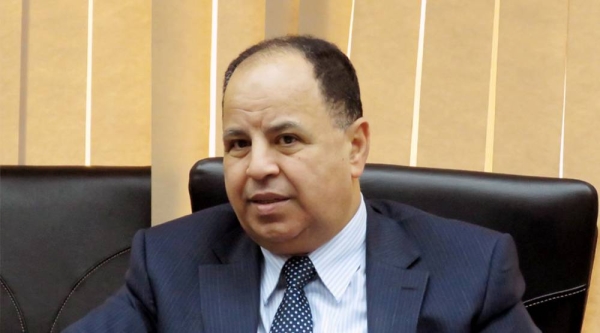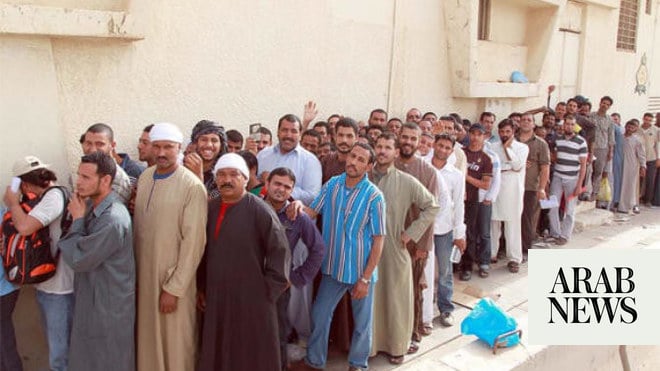
Egyptian Finance Minister Dr. Mohammad Maait said on Saturday the government is proceeding with execution of a package of reforms to boost the economy in the face of “external shocks.”
The minister in a statement released by his department said the recent Fitch rating of the Egyptian economy at the B level with a negative outlook reflected the agency’s assessment of the need for external funding amid global financial conditions unfavorable for the developing nations.
He cited as some of the challenges stressing the Egyptian economy, such as repercussions of the Ukrainian war in Europe, global inflation, rise of interest rates and cost of funding due to constraints by central banks worldwide.
These fallouts resulted in exit of capital from the emerging markets including Egypt, Maait said — along with investors’ jitters and uncertainties.
The Egyptian economy, in the year’s first half, lured substantial foreign investments and financial resources from many international agencies despite global challenges and jitters, he said, affirming that it remained capable of attracting further external liquidity.
The government has taken a series of measures and reforms to enable the local and foreign sectors play a role in restoring the economy’s potentials to grow robustly and in a sustainable fashion, Maait added.
He noted that some of the measures under way are a package of financial and monetary procedures to secure external funding, in addition to the full adherence to the reforms program backed by the International Monetary Fund (IMF), thus the way would be paved for increasing resources of the foreign funds.
Maait said that the current account deficit reached $1.8 billion during the first half of 2022-2023 as compared to $7.8 billion the previous same period.
Non-oil exports climbed on yearly basis to $12.9 billion, proceeds of the Suez Canal reached $4 billion rising by 17.8 percent, while tourism returns grew by 25.7 percent posting $7.3 billion.
Net direct foreign investments rose by 72.8 percent, he said, noting this indication reflected substantial improvement in the most important sections of the balance of payments in the first half of the current fiscal year, in spite of unfavorable economic conditions.
In February, President Abdel-Fattah El-Sisi had told the Managing Director of IMF Kristalina Georgieva, Egypt is keen to continue enhancing its structural fiscal and monetary policy reforms and maximizing the role of the private sector in the economy,
The president’s comments came during a meeting with Georgieva which was held on the sidelines of the World Government Summit (WGS) 2023 in Dubai.
El-Sisi affirmed to Georgieva that enhancing fiscal and monetary policy reforms and maximizing the role of the private sector should help secure a positive climate for all investors and global financial markets involved with the Egyptian economy.
The president hailed the fruitful and constructive cooperation between the Egyptian government and the IMF to continue the implementation of the Egyptian comprehensive economic reform program.
Egypt is currently engaged in an Extended Fund Facility program that extends over 46 months, through which Egypt is to receive a total loan of $3 billion.
Under the program, Egypt has pledged to the IMF to unleash the potential of the private sector to play a greater role in the national economy and decrease the government footprint in the investment scene.
The country is also set to apply structural reforms that address the imbalances of the macroeconomic indices in order to bridge an expected $17 billion financing gap over the coming four years. — Agencies












